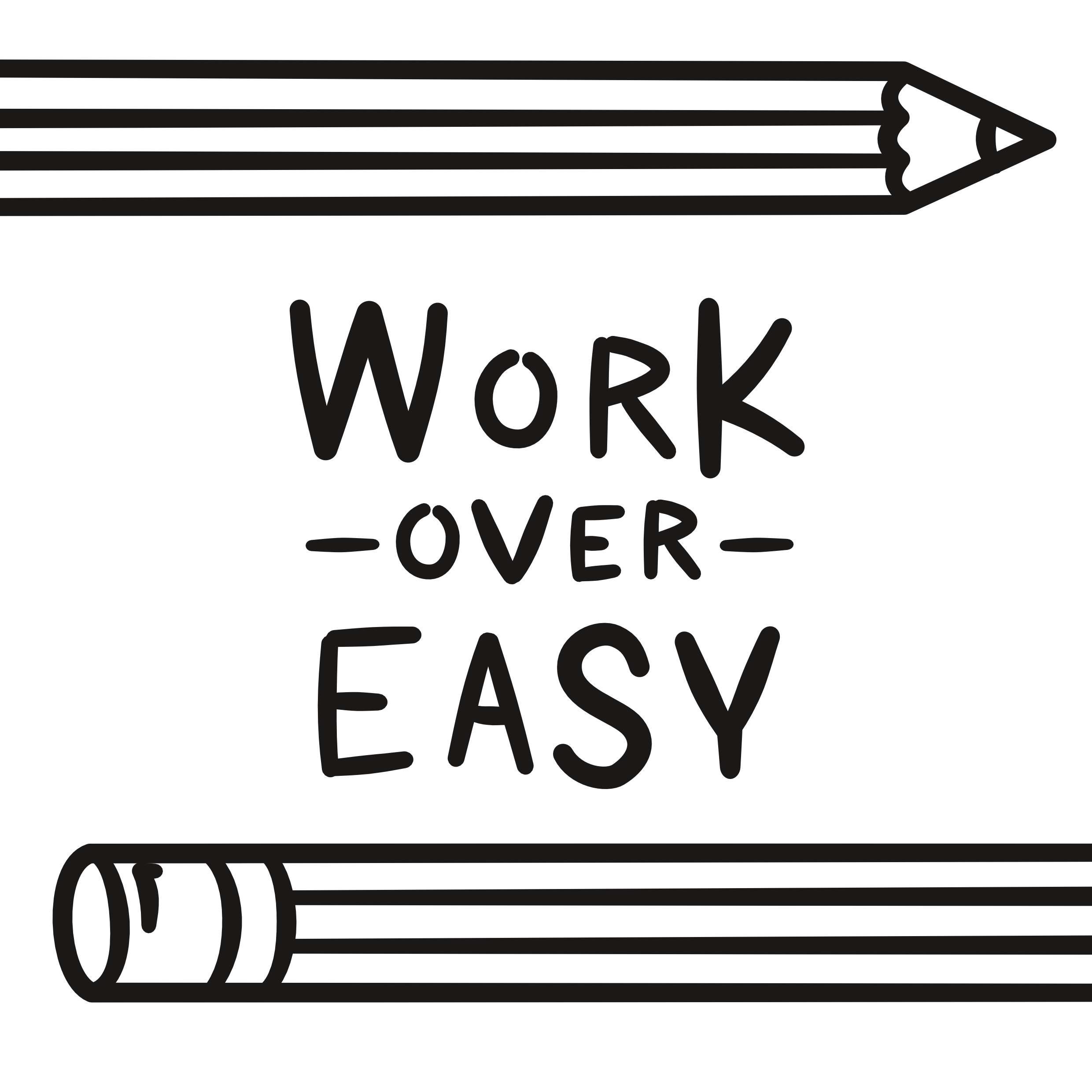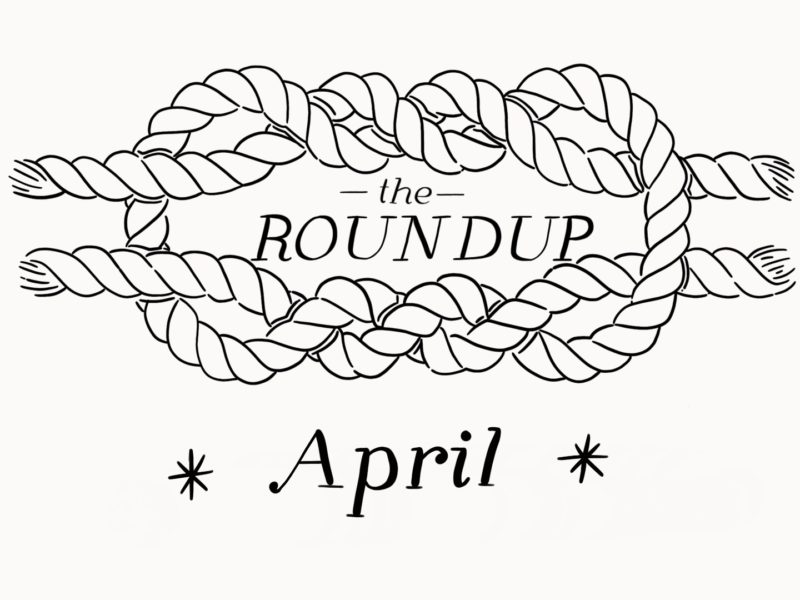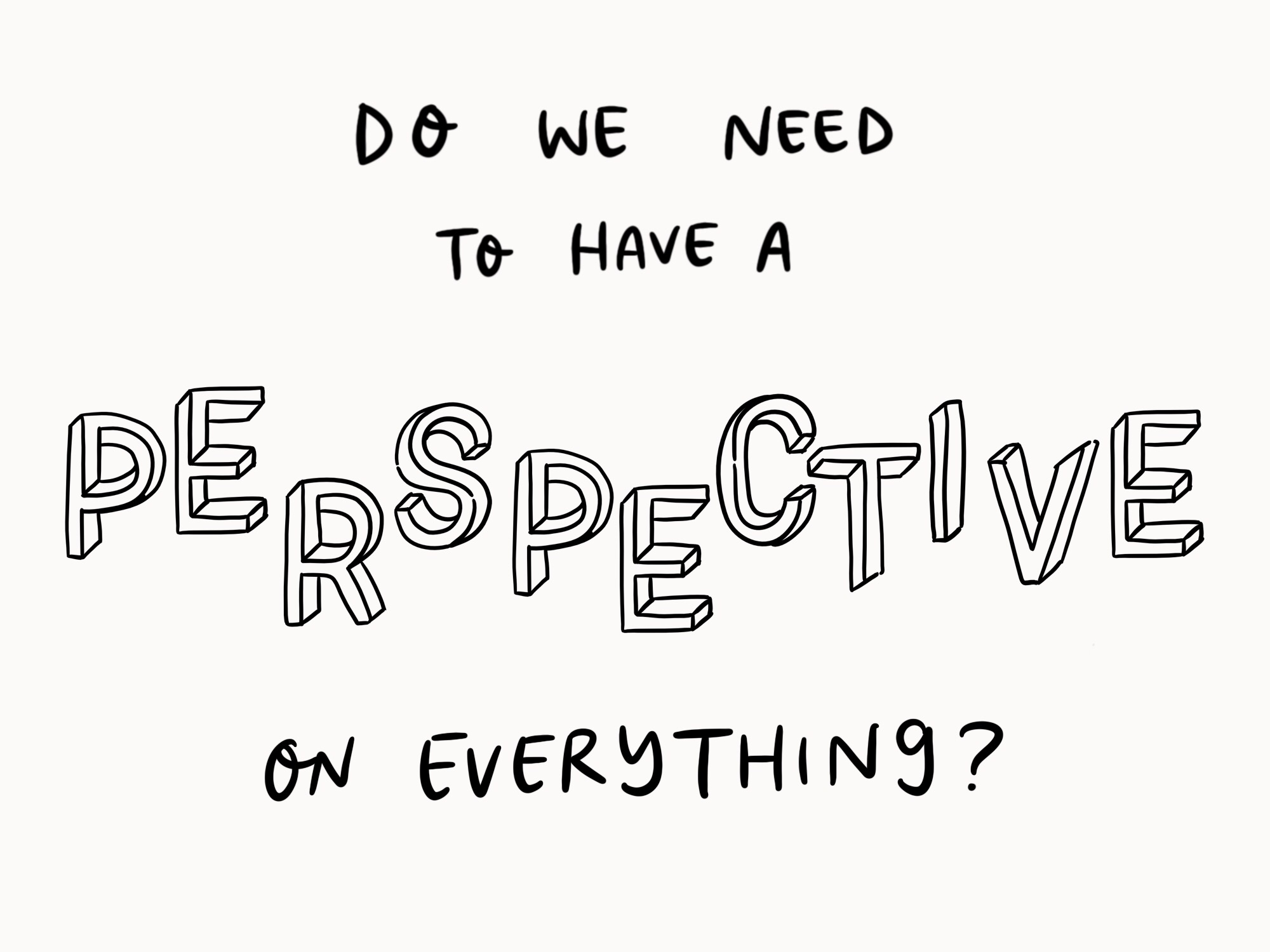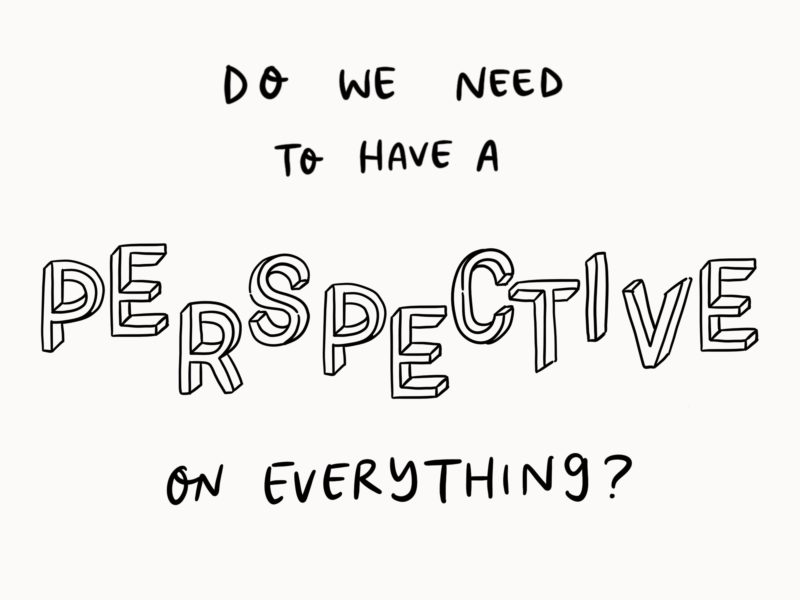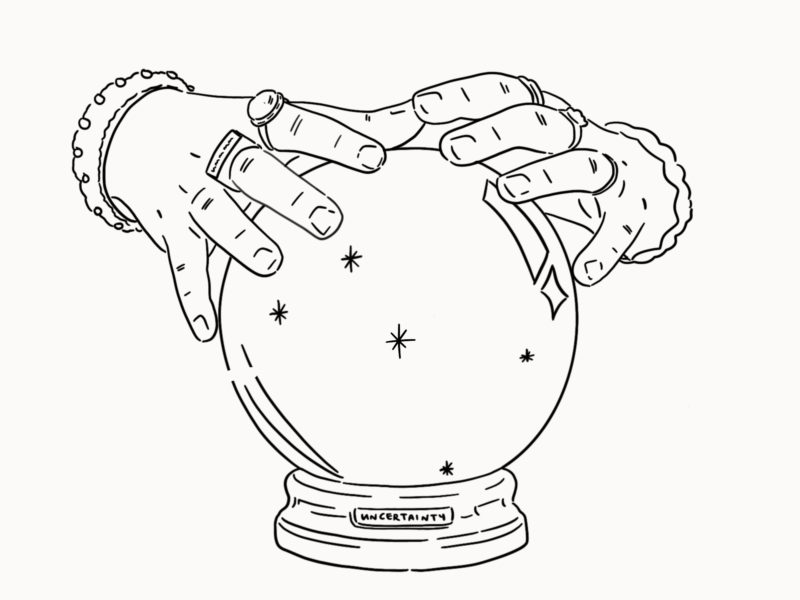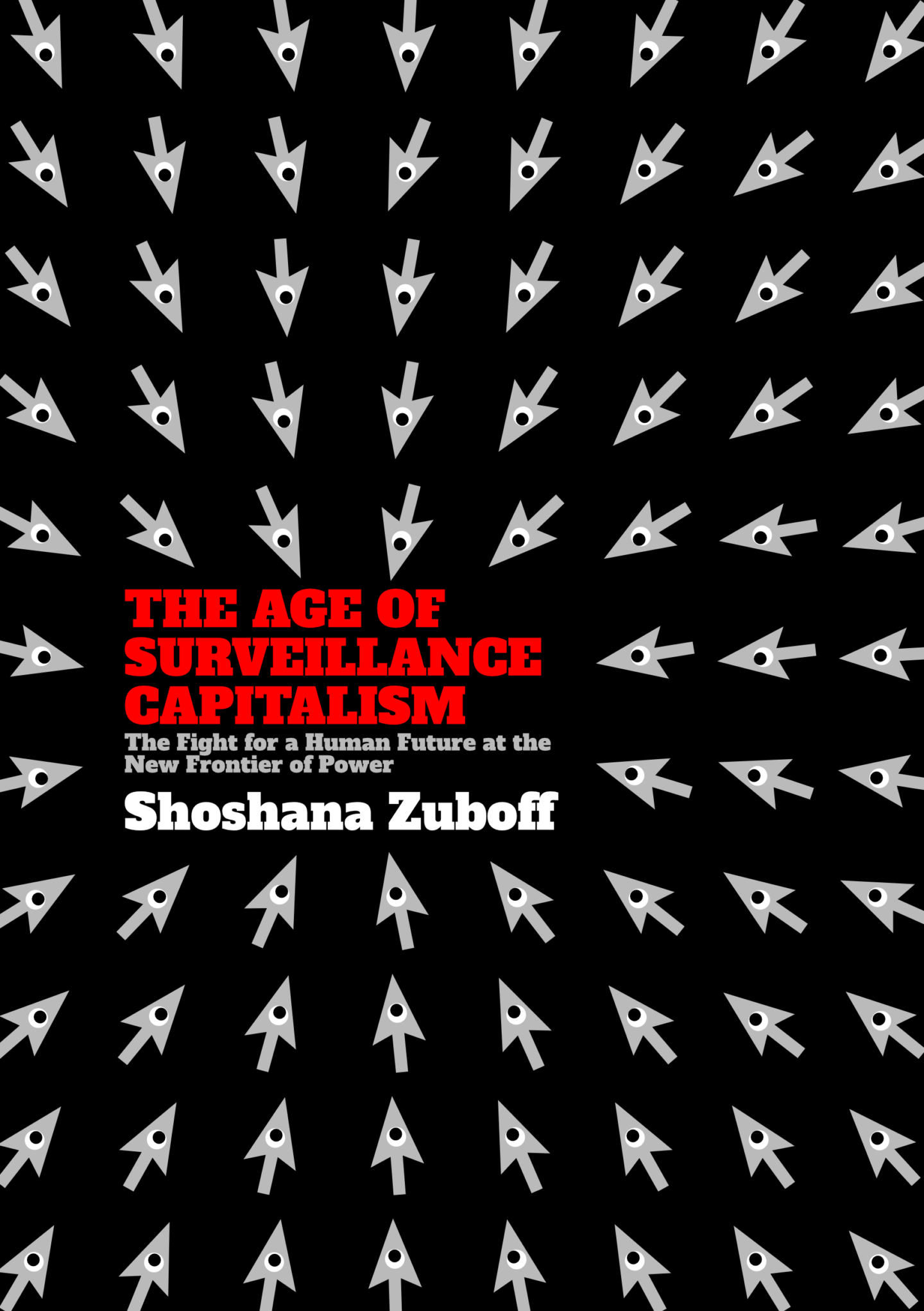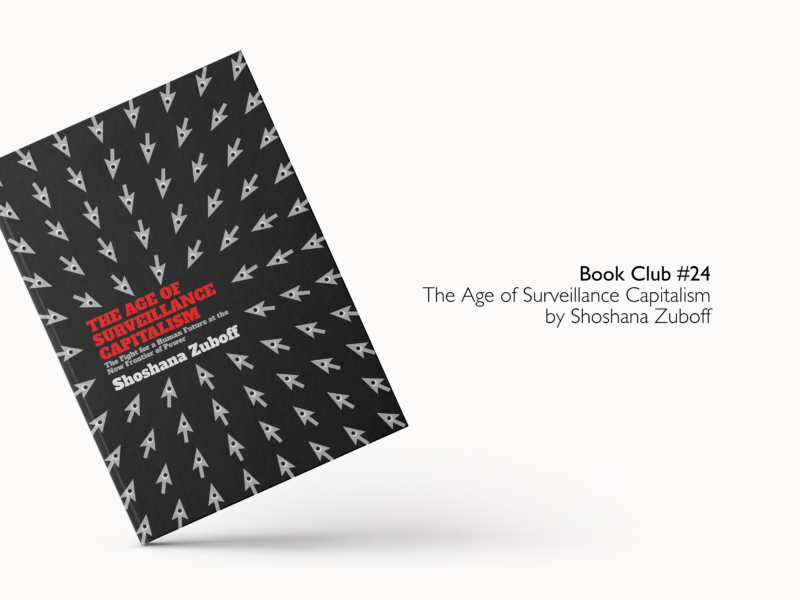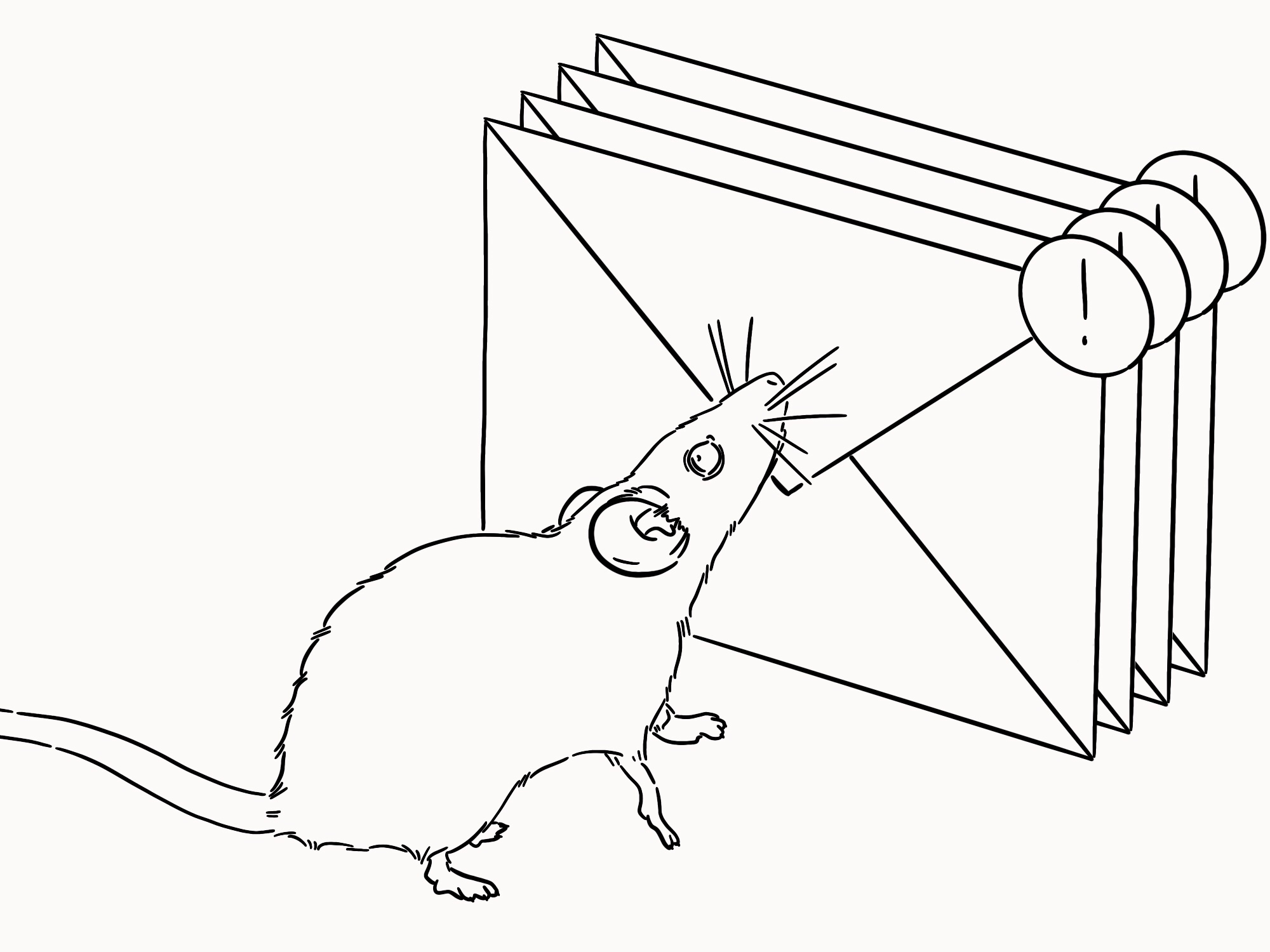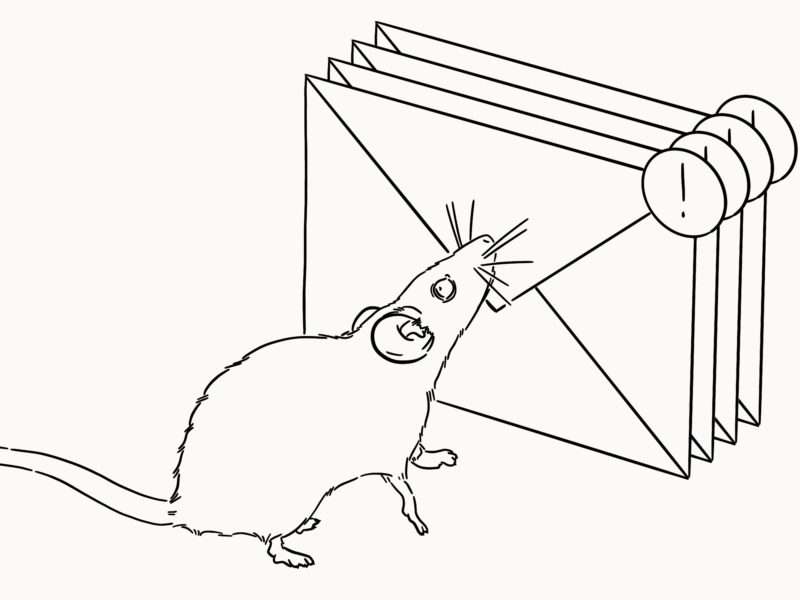As this post makes its way to you, just in time to hit the end of April, I’m getting ready to go on a personally guided creative retreat AKA I’ve gone on holiday on my own with all of my pencils. This has been a good month I think, I’ve personally felt more positive about my work and read some great, inspiring content as is evidenced in this month’s reading list. Don’t be put off by the number of long reads – they’re all great and not all that long!
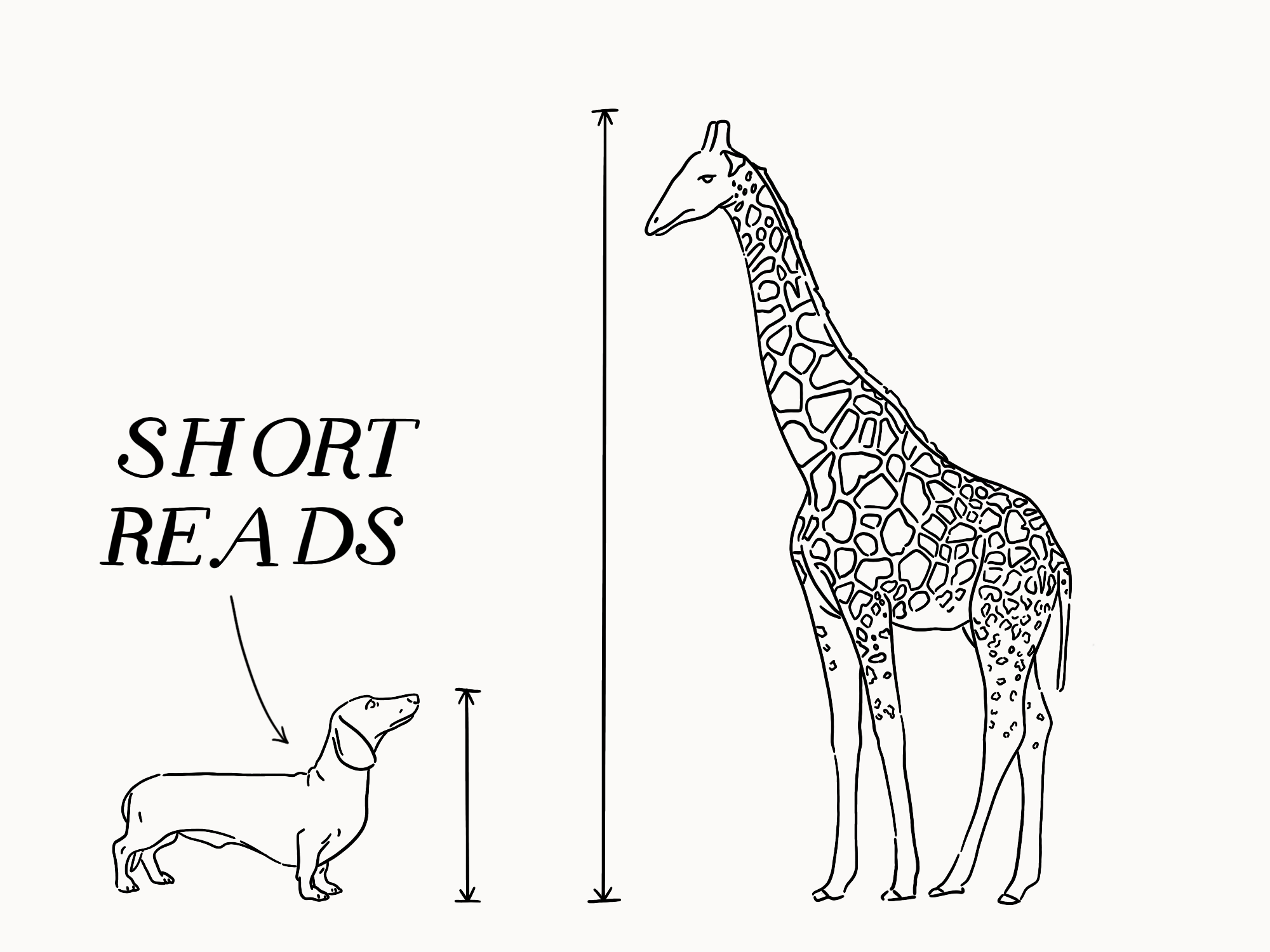
SHORT READS
Marcus Du Sautoy on Creativity and AI
Although smart speakers and chatbots are helping to normalise artificial intelligence and machine learning in everyday life, creativity is one realm of human endeavour in which we’re reluctant to harness AI’s capabilities*, Marcus Du Sautoy offers some thoughts on why.
*In my mind wholly understandably!
Why it’s important to ‘pause’, rest and regenerate if you want to be creative
I know this isn’t the first link on this topic I’ve shared, and I doubt it will be the last but creativity is not linear. In a creative process, there is always a leap, gap or space. Researchers call it “incubation” or “mental digestion”. Business coach Robert Poynton calls it a pause. As, in the UK, we’re in the midst of a long-weekend it seemed the right time to pause on the idea of taking a break.
The Radical Act of Embracing Your Own Mediocrity
“Chasing joy, rather than success, is a radical act today. We’re told to turn our hobbies into hustles. We’re told that if we only worked a bit harder, someone might finally see in us the influencer we were meant to be.” So Meghan Neismith is encouraging us to find the love of being beginners again and find some hobbies we’re, well, a little bit rubbish at.
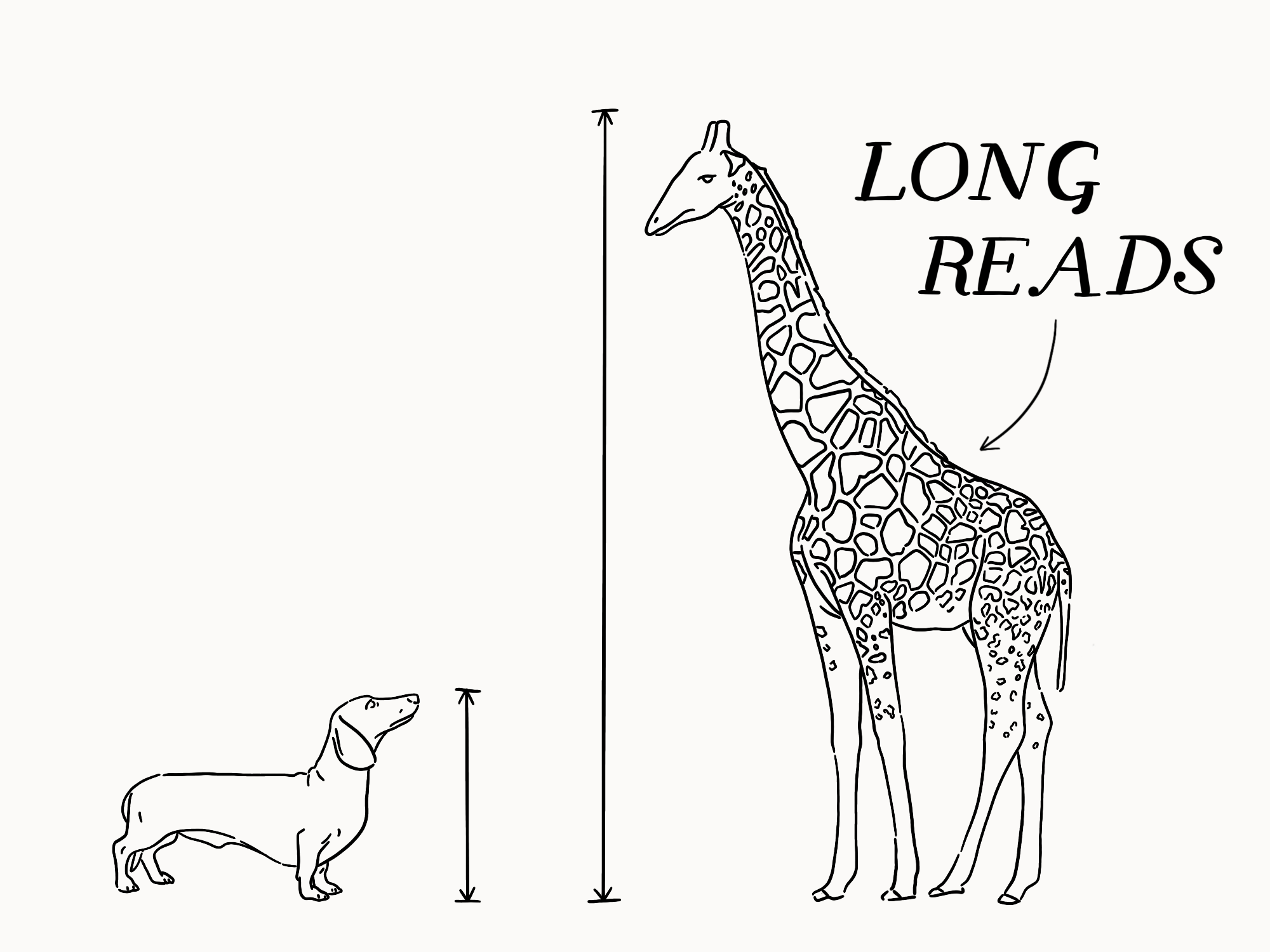
Long reads
Jocelyn K. Glei: Transformation Is Hard
In this episode of Hurry Slowly, Jocelyn K Glei talks “about why transformation is far from instant — why it’s messy and awkward and hard. And why that’s a good thing. Because once we recognize the slow burn of real change, we can approach it with more realistic expectations and treat ourselves more gently.”
How to Stay Calm
This guide from the every wonderful Adam JK reminds us that “it’s so easy to remember the answers when everything is okay, and so hard to see through the dark parts when life gets tough.”
Creative Lives — “You are good enough”: Freelance illustrator Helena Covell on maintaining a sense of self-worth
I love Helena Covell’s work, I’ve featured her illustrations here more than once and her book Jumble Wood is a thing of joy. In this interview with the ever brilliant Lecture in Progress, Helena discussees “where she sources her inspiration and, crucially, how she maintains perspective on her work and faith in her abilities.”
Emma Gannon on ‘side hustles’, creating the flexible career you want and why it’s good to get offline
I’m personally in the progress of trying to define what it is I want out of my career as a whole, and I’ve been finding myself turning to absolute babe and work pal Emma Gannon’s words more and more. This article on Creative Boom all about multi-hyphenate working is a brilliant place to start if you want to start digging into her thoughts, or just to get a bit of a career kick in the butt.
The Forgotten Women Who Hand-Painted the First Color Films
There are so many forgotten women who shaped the arts, and it feels like very week we find out about more. In this Artsy piece we learn about “the meticulous, exhausting work of hand-coloring film was one of the first careers in film production available to artistic women, and they came to dominate the field at the turn of the 20th century”
On Flooding: Drowning the Culture in Sameness
In this Longread, Soraya Roberts discusses what she describes as the flooding of culture.
“Flooding (v.): Unleashing a mass torrent of the same stories by the same storytellers at the same time, making it almost impossible for anyone but the same select few to rise to the surface.”
Meet 5 French Millennials Who Hand-Stitch Chanel for a Living
In the age of smart machines it’s easy to forget about the traditional crafting skills which still make magic in everything from cathedrals to couture. Ahead of its presentation in New York, Chanel invited No Man’s Land to Paris to visit five ateliers and meet the new generation of women making fashion fantasies come alive through the power of hand crafts.
How to Fight the Power with Joy, a Lesson From Corita Kent
“With Brexit looming and all kinds of global strife taking center stage,” Aiga’s Eye on Design felt there was “no better time for the first London exhibition of the work of Corita Kent. The activist nun’s career as an artist, teacher, and designer coincided with the second half of the 20th century’s most tumultuous era, and her work confronted the issues of the day with bravery and resolve— fusing art with everyday life and favoring joy over despair.” I went to see this last weekend and it was full of delight and this article really captures so much about Kent and her work.
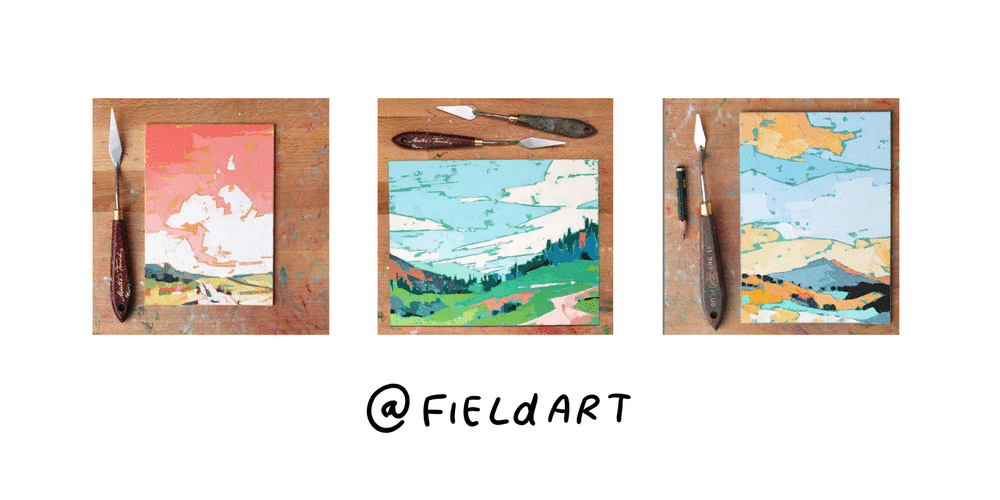
Eye Candy
@fieldart
I’m not generally a big landscapes person, but Jessica Fields’s colourful paintings just do something to me. I love how she captures light and feeling, rather than detail. They demand to breathe.
@beya.illustration
The texture of French artist, Beya Rebai’s landscape sketches are almost as wonderful as her consistent colour palette. They just make me want to try out some more en plein air work.
@neilfarber
I like to imagine the stories that might be contained in Neil Farber’s fictional book covers. Each and everyone seems to come to me at just the right moment, and I like to think they probably always contain the advice I need.
@kikuhughes
Okay this isn’t an Instagram recommendation, but a Twitter one, but it’s worth it. Kiku Hughes’s comics are gorgeous. She’s currently working on a book about Japanese American incarceration and every image she shares is so human and moving. There’s just something about how she draws and more monochrome style for this book which is incredibly tender.

